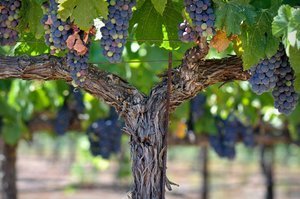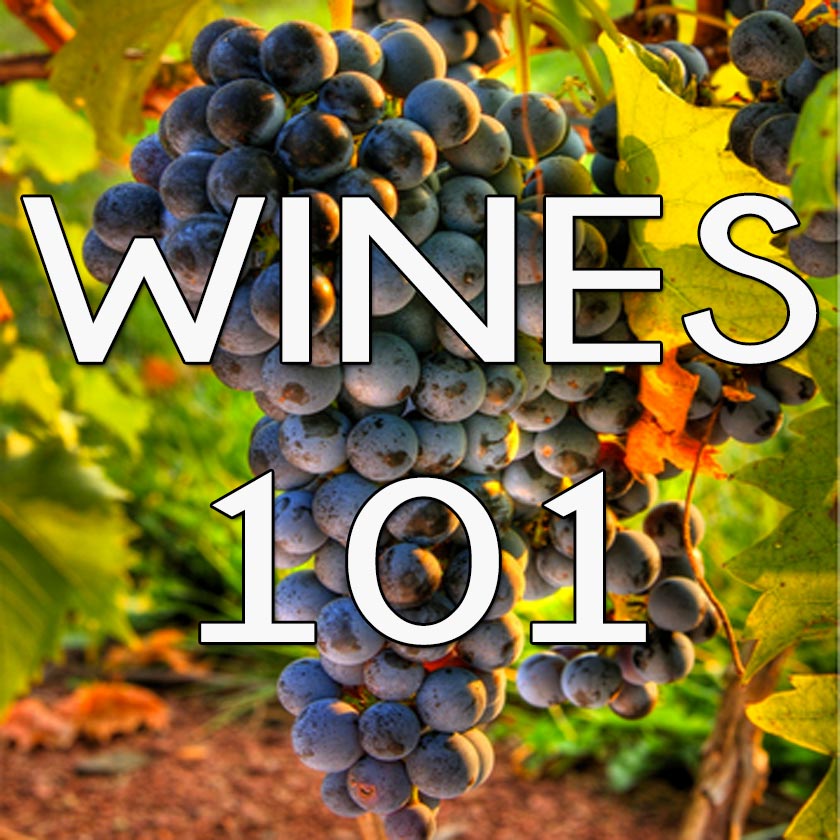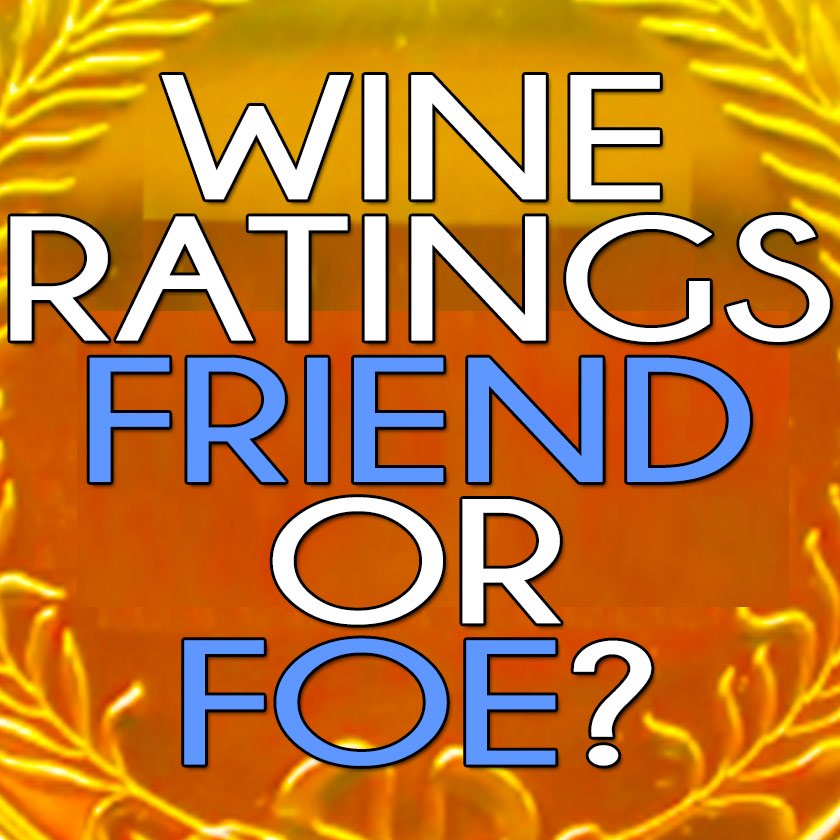Basic Wine Information Everyone Should Know:
Basic wine information always comes handy...even if you're not applying for a PhD as an oenophile (fancy word for wine lover) or in ampelography...
Listed below are some basic wine facts that will help you establish a base on which you'll build a solid foundation of your wine knowledge and personal wine experience.
The first essential thing you need to learn about wine is the style.
There are many different types of wine. In fact, taken globally, wine styles can total in the thousands.
Luckily, however, we can reduce them to a few basic, easy-to-remember groups.
Grouping wine styles takes into account several factors, such as:
- the grape varietal
- the fermentation process employed
- whether anything is added before, during, or after fermentation.
Understanding these basics of wine information makes it infinitely easier to engage in conversations with friends, wine store retailers, and wine critics...
So, let's get started!!
Starting at the source: the wine grape
The grapes used in making wine are either “black" (red-colored) or "white" (green-colored).
While red wines come only from red grapes, white wine is different. It can be derived from either type.
When vintners use "black" grapes to produce white wine, they simply remove the grape skin to avoid pigmentation of the grape juice.
(How exactly does that work? Click here to find out!)
In producing
red wine, the skin is left on, which adds to red wine's antioxidant power, fuller body, and tannic character.
Wine fermentation plays a major role :
The fermentation of wine also dictates a wine's style.
As a general rule, oak barrels are favored for aging red wines while white wines usually ferment in large stainless steel vats.
Racking also differentiates one wine from another. The longer it is racked, the more mature or aged the wine becomes.
In some instances, wine may be racked several times during a period of two to three years. This is true for many styles of wine including white and red.
Be Still My Heart - Still Wines
Still wine is the most common wine, enjoyed over lunch, at wine tastings, on candle lit restaurant tables.
In fact, a synonym for still wine is table wine.
The term encompasses the following types of wine:
Red Wines:
Made with red grapes including the skin, these wines ferment at higher temperatures, and due to their denser antioxidant punch, possess more tannic structure/body, and display an impressively wide spectrum of flavors and aromas.
Red wine is also proven to offer many health benefits when consumed long term yet in moderation.
In fact, many believe that red wine can keep your heart healthy, and prolong your life! A rare phenomenon for an alocholic beverage, right?
Just beware that today's wine trend is to produce high-alcohol red wines...
Read all about red wine's health benefits and from now on, feel HEALTHY AND HEDONISTIC with every future glass of wine you drink!
Yea...you're welcome! :-)
Examples include:
|
|
White Wines:
Made from white or red grapes without the skin, white wines undergo less maceration and ferment at cooler temperatures. Examples include:
|
|
Whites can be crisp and fresh like a European Riesling or juicy and aromatic such as a New World Sauvignon Blanc
Rosé Wines:
Generally appear pink in color. Made from red/black grapes, they tend to be medium-sweet, very fruity in taste, and delightfully refreshing - like Hopewell Valley Vineyards' very popular White Merlot.
Click here to find out how to produce rose wine.
Wine Information about Sparkling Wine
The magic ingredient to this wine is carbon dioxide. This creates the bubbles.
The most famous sparkling wine in the world is Champagne, though Spumante Secco is also an excellent sparkling wine worth trying.
Click for more info on how sparkling wines are made.
Wine Information about Fortified Wine
Fortified wine is produced when additional alcohol is added during the fermentation process.
In Port, this is just prior to the completion of fermentation.Learn more about port here!
Sercia has alcohol added after fermentation, as does Sherry.
A unique fortified wine is Madeira.
Wine Information about Dessert Wines
Are super sweet. Port is also considered a dessert wine, or 'after dinner sipper'.
Also of note in the dessert wine category are late harvest wines - where the wine maker harvests the grape fruit much later than usual, creating rasin-like fruit full of sugar - perfect for a dessert wine.
Hopewell Valley Vineyards Dolce Vita is an excellent example of a late harvest Vidal Blanc.
Moving along, among the most popular dessert wines are those produced through a unique process, such as ice wines.
Ice wine is made from grapes harvested after they have frozen on the vine. The temperature must remain at around 18◦F (-8◦C) for the few days they sit before being picked. (Now THAT'S a seriously late harvest!)
Nothing To Whine About
By now being able to discern between these basic types of wine, you've established your first base of wine information to expand upon.
Discovering more about wine styles and wine types is a life long journey (that's part of the fun!), and the more you learn about wine, the deeper your enjoyment will be in the vast world of wines.
* * * * * * *
| New Jersey Wineries › Wines 101 |
Have A Great Story About This Topic?
Do you have a great story about this? You can share it here without needing a Facebook account! You can even upload pictures!
What's New?
-
Dr
Dec 04, 14 04:30 PM
When France lost Algeria in 1960, a great worry of winemakers wad what are we going to do now? French wines from many regions WERE B,ENDED WITH MUCH STRONGER -
How to make port wine - and history!
Dec 04, 14 03:26 PM
How to make port wine - delicious, heart-warming, the perfect gift -
Wine accessory shopping for the holidays
Nov 01, 14 04:25 PM
Wine accessory shopping for the holidays






























New! Comments
Have your say about what you just read! Leave me a comment in the box below.